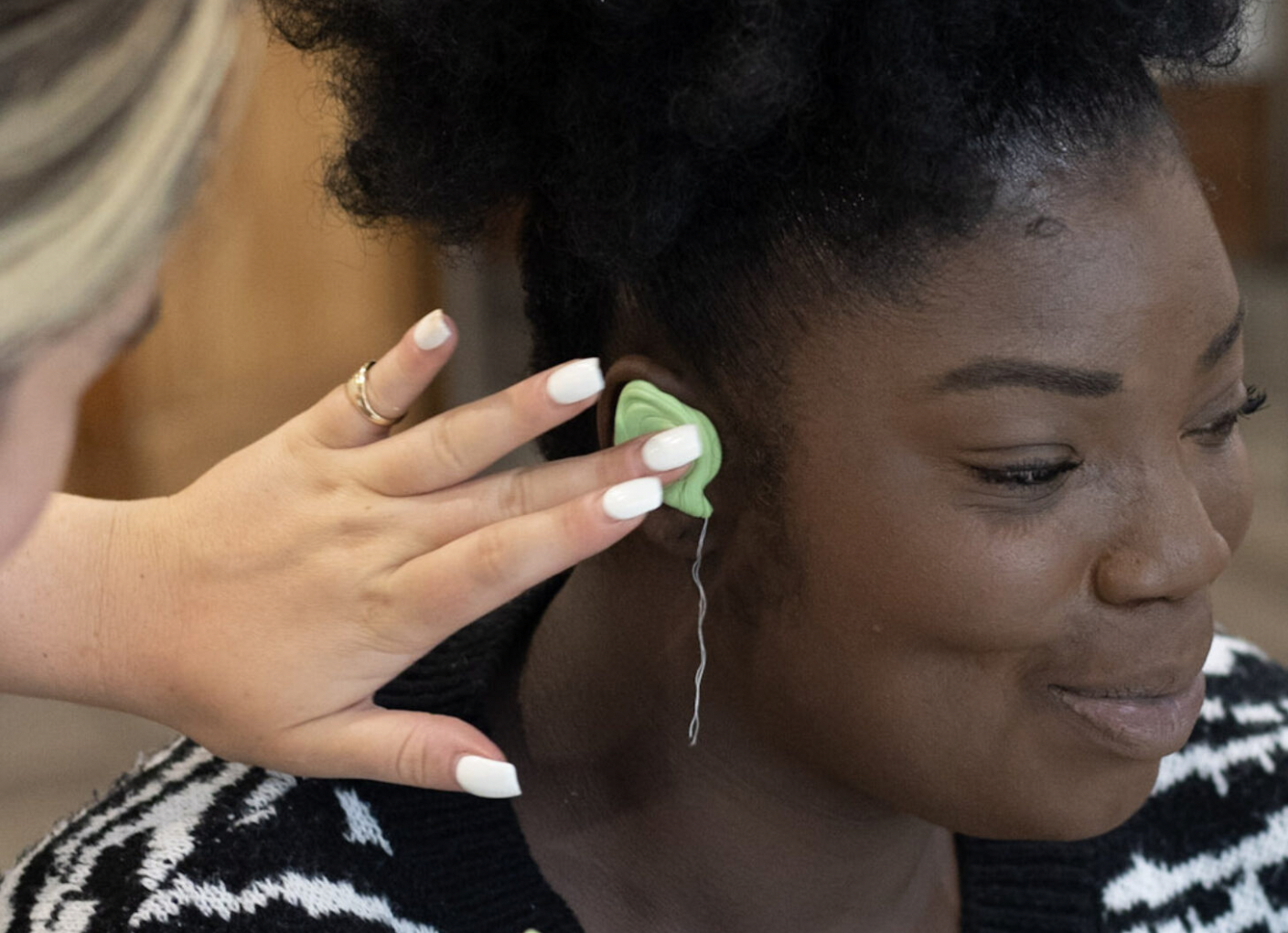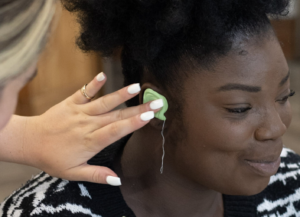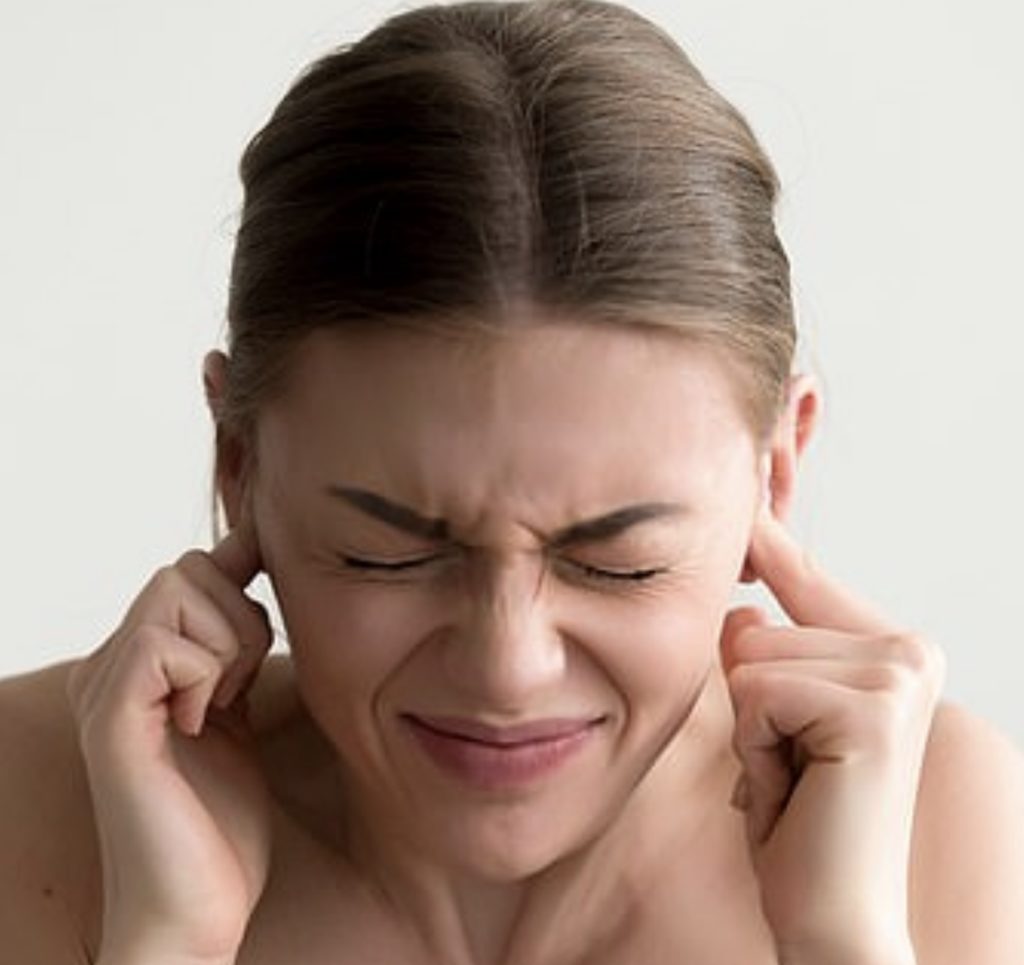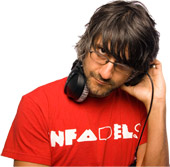

Tinnitus at 23: How I found a way out
Duncan Geddes was at Glastonbury when his hearing became distorted. Years later he’s found a solution.
“Since the age of 12 my biggest passion had been live music, but I could barely listen to music even at home. At times it felt like my world was shrinking, like I’d have to find something else to live for.
Ultimately, my way out came with help from a hearing therapist called Jordon Thompson (Harley Street Hearing) who is trained in audiology and cognitive behavioural therapy. His first observation was quite a surprise: the earplugs I’d been wearing at gigs for years kept out too much sound. The noise-reduction rating of 29dB taught my brain that the music was scary and to be avoided.
The answer to this was pushing putty into my ears and taking a mould for custom, more efficient earplugs, made by ACS. While these provided less sound reduction than the heavy-duty earplugs I’d been wearing to protect my hearing previously, they were still strong enough to prevent the objective hearing loss threatened by concerts and cinemas — and without turning the sound into mud, like cheap foam plugs do.
Over the course of our six sessions, Thompson taught me mindfulness, especially the practice of focusing on bodily sensation to keep your thoughts in the present………”
This is an excerpt, to read the full insightful article in The Times click here.
If tinnitus is affecting your enjoyment of music and you would like a Hearing Therapy consultation, or for custom made hearing protection ear plugs please call us on 020 7486 1053 or complete the form below.
Harley Street Hearing are the home of independent audiology in London. We have been established on Harley Street for 25 years.

















Recent Comments